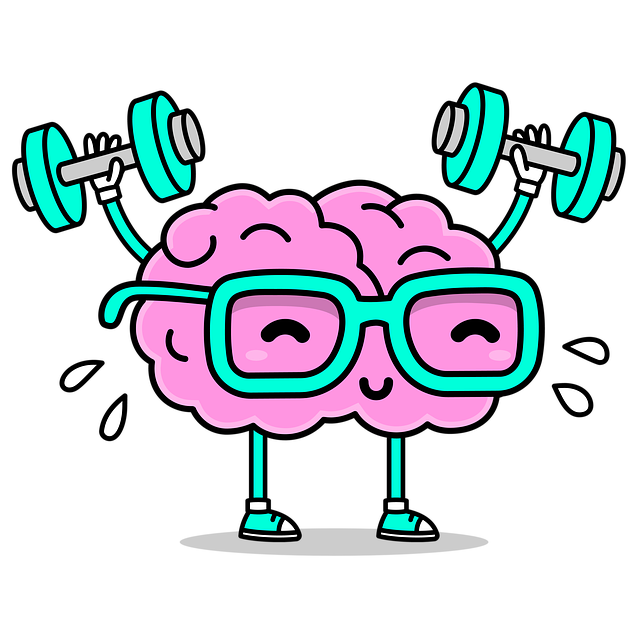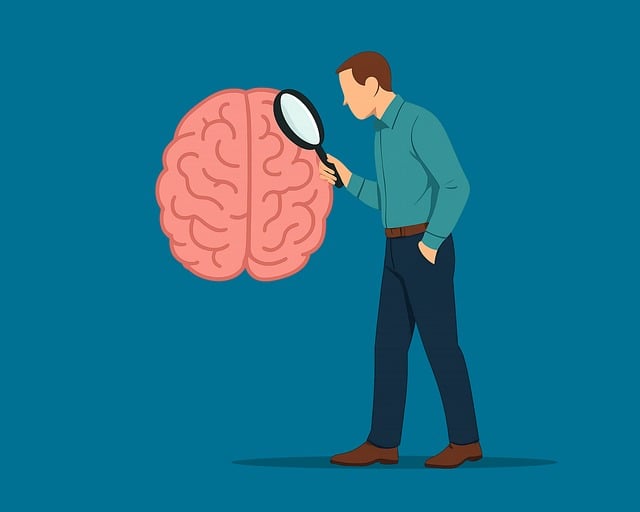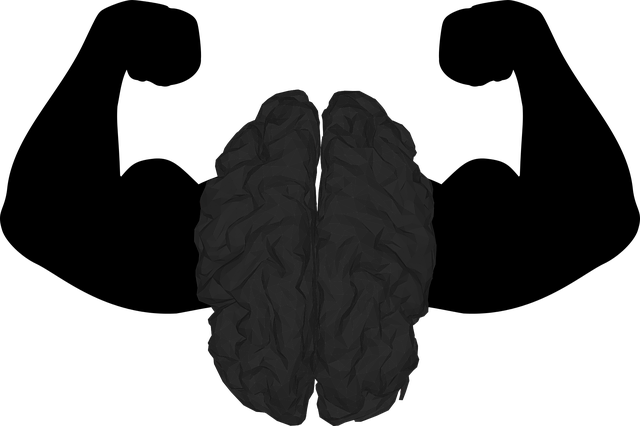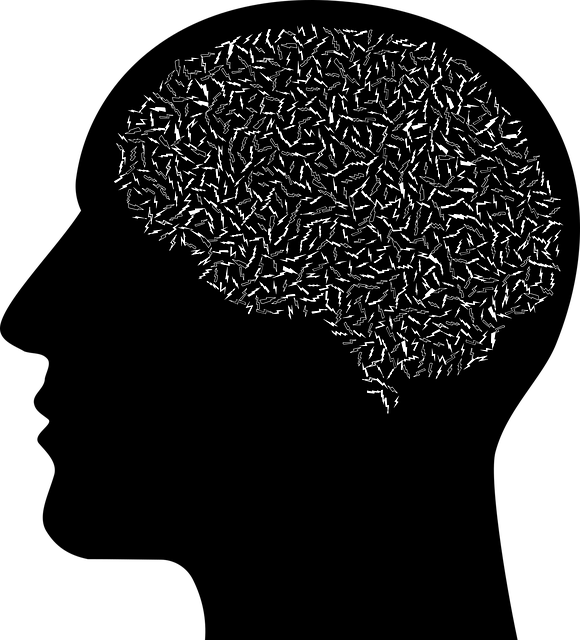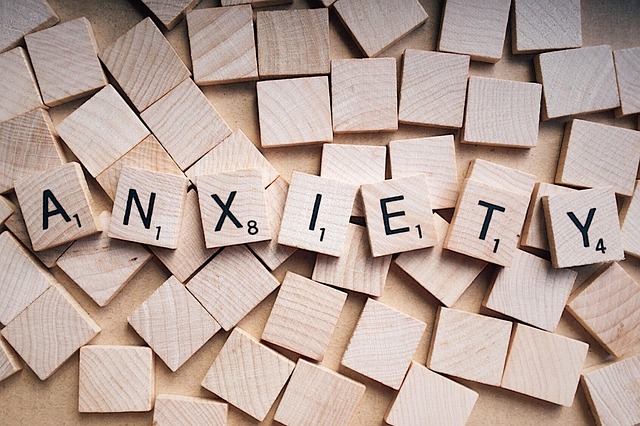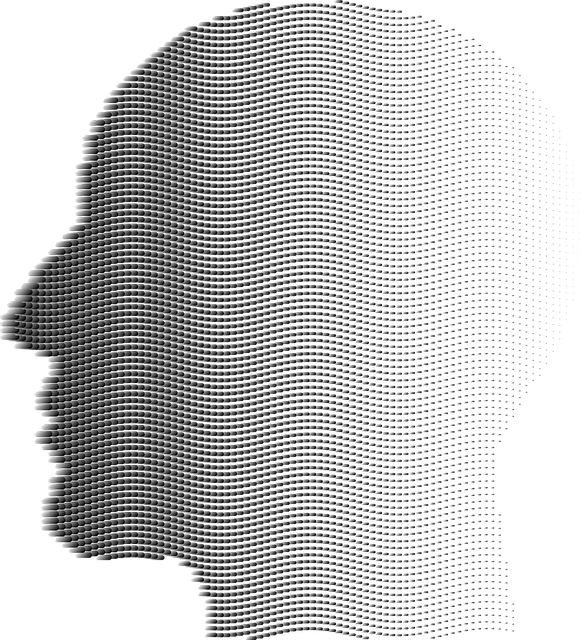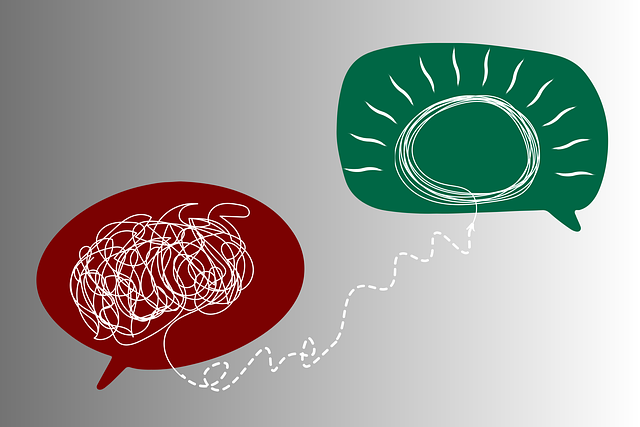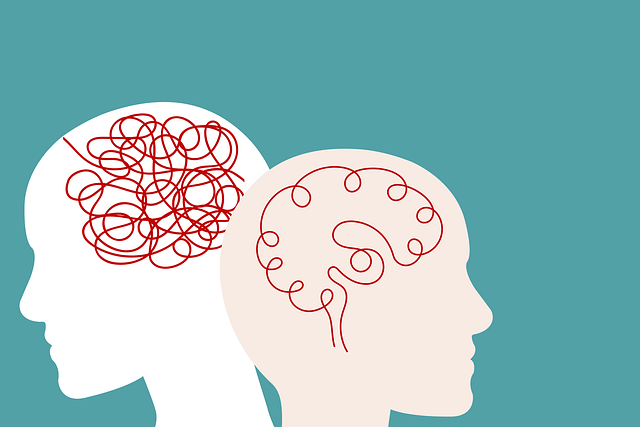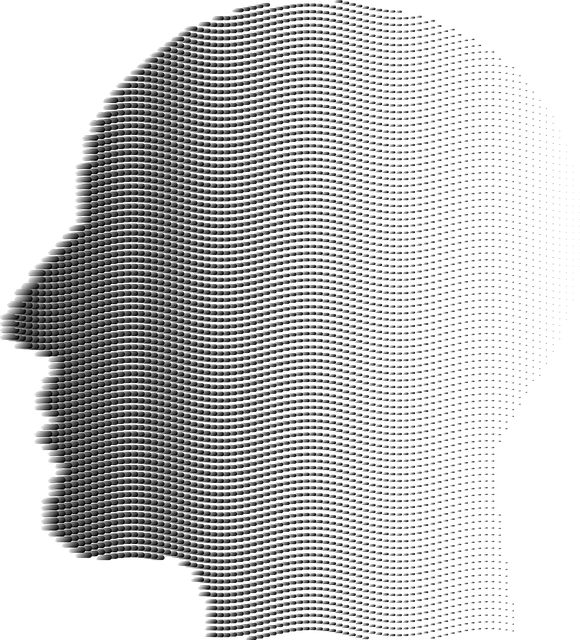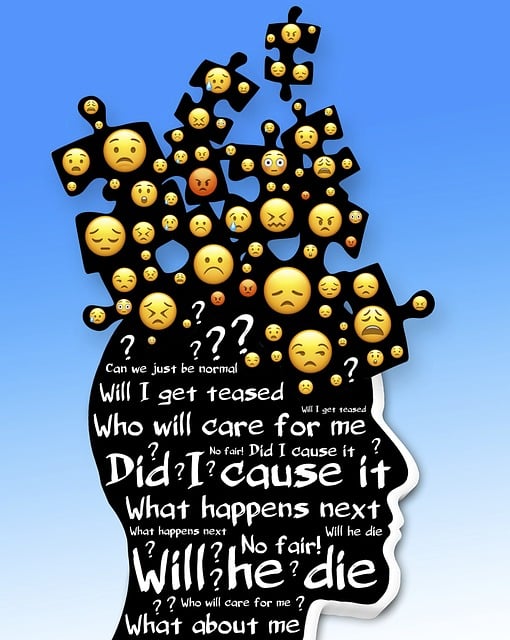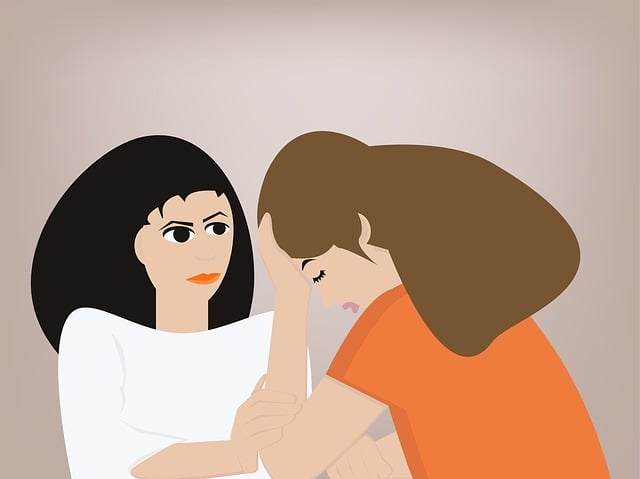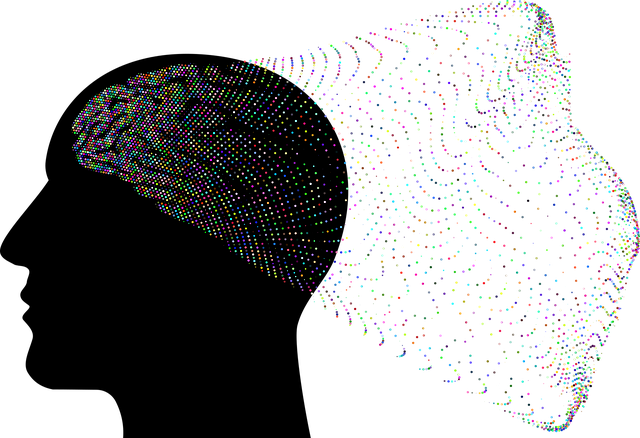Mental health apps, led by innovative therapies like Aurora Neuro Disorders Therapy (ANDT), are transforming access to care globally. ANDT, backed by neuroscience research, offers personalized cognitive and behavioral interventions for conditions like dementia and Alzheimer's. These digital tools cater to diverse users through culturally sensitive content, interactive features like goal-setting exercises, and user engagement strategies. Public awareness and healthcare provider well-being are crucial for maximizing ANDT's impact in the growing mental wellness app market. Advanced technologies like AI and VR are poised to enhance these apps' effectiveness and accessibility in the future.
In today’s digital age, mental wellness apps are becoming essential tools in addressing growing mental health challenges. This article explores the multifaceted world of mental wellness app development, focusing on the critical role of technology in supporting psychological well-being. From understanding the nuances of mental health issues to designing user-centric apps and integrating evidence-based therapies like the Aurora Neuro Disorders Therapy approach, we delve into key features, functions, and market trends shaping this burgeoning field.
- Understanding Mental Health Challenges and the Role of Technology
- Designing an Effective Mental Wellness App: Key Features and Functions
- Integrating Evidence-Based Therapies: The Aurora Neuro Disorders Therapy Approach
- Market Potential, User Engagement, and Future Directions for Mental Wellness Apps
Understanding Mental Health Challenges and the Role of Technology

Mental health challenges are prevalent globally, impacting individuals from all walks of life. Technology has emerged as a powerful tool to address these issues, offering innovative solutions like Aurora Neuro Disorders Therapy that focus on improving mental wellness. Apps designed for this purpose can provide accessible and personalized support, making professional help more attainable for many.
In today’s digital age, technology plays a pivotal role in bridging the gap between individuals seeking support and the resources they need. Features such as self-esteem improvement exercises, crisis intervention guidance, and cultural sensitivity in mental healthcare practice are now integrated into these apps, ensuring that users receive comprehensive care tailored to their unique needs and backgrounds.
Designing an Effective Mental Wellness App: Key Features and Functions

Integrating Evidence-Based Therapies: The Aurora Neuro Disorders Therapy Approach

Integrating evidence-based therapies is a cornerstone of modern mental wellness app development, and the Aurora Neuro Disorders Therapy (ANDT) approach stands out as an innovative method. ANDT focuses on addressing neurobiological factors that contribute to various mental health disorders, offering a unique perspective compared to traditional talk therapy. By combining cognitive and behavioral techniques with neuroscience research, this therapy provides users with tailored interventions.
The cultural sensitivity inherent in ANDT ensures that app content resonates with diverse user groups, considering the impact of cultural background on mental health experiences. Public awareness campaigns can further complement this approach by educating communities about neurodisorders, fostering understanding, and reducing stigma. Additionally, burnout prevention strategies for healthcare providers using ANDT are essential to sustain long-term effectiveness and ensure the well-being of those delivering these therapeutic services.
Market Potential, User Engagement, and Future Directions for Mental Wellness Apps

The market for mental wellness apps has been experiencing significant growth, reflecting a growing awareness and demand for accessible therapeutic solutions. This trend is particularly evident in the realm of digital health, where technology serves as a powerful tool to enhance mental wellness and support individuals managing various conditions, including Aurora Neuro Disorders. With an increasing number of people seeking alternative or supplementary forms of treatment, developers have an exciting opportunity to cater to diverse needs.
User engagement is a key aspect driving the success of mental wellness apps. Effective apps often incorporate interactive features such as personalized goal-setting, tracking progress, and providing tailored coping skills development exercises. By fostering a sense of community and encouraging consistent use through gamification or rewards systems, these applications can cultivate a deeper connection with users, ultimately bolstering their inner strength development. Looking ahead, the future of mental wellness apps lies in integrating advanced technologies like artificial intelligence and virtual reality to create immersive experiences, making therapy more accessible and engaging.
Mental wellness apps have emerged as a powerful tool in addressing mental health challenges, offering accessible and personalized support. By integrating evidence-based therapies like the Aurora Neuro Disorders Therapy approach, these applications can significantly improve user outcomes. The market’s potential for mental wellness apps is immense, with continuous innovation and an increasing demand for digital mental health solutions. As technology advances, developers have a unique opportunity to create impactful tools that enhance users’ mental well-being, ensuring a brighter and healthier future for all.
